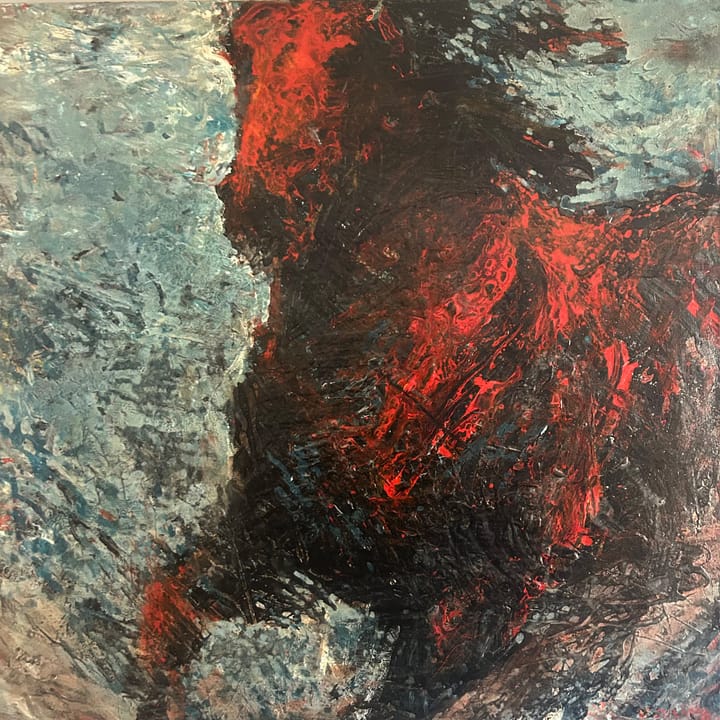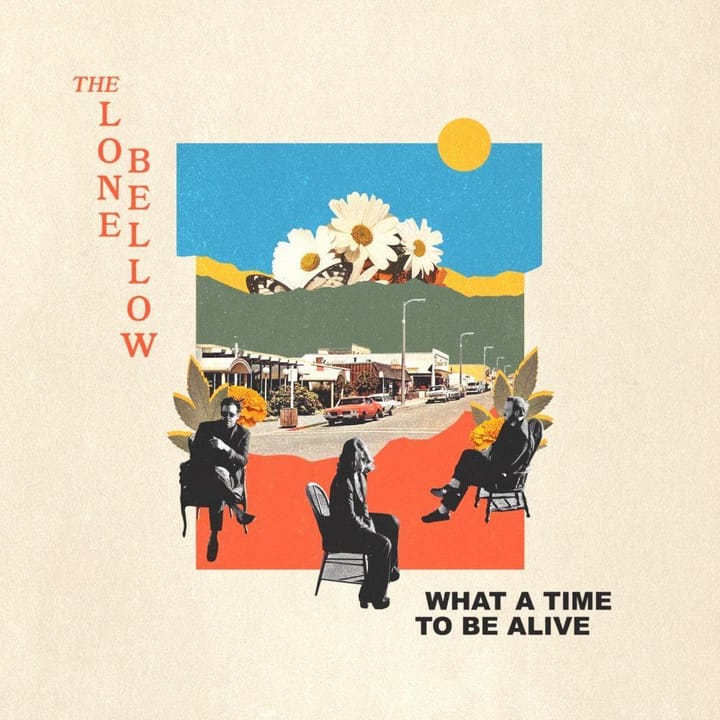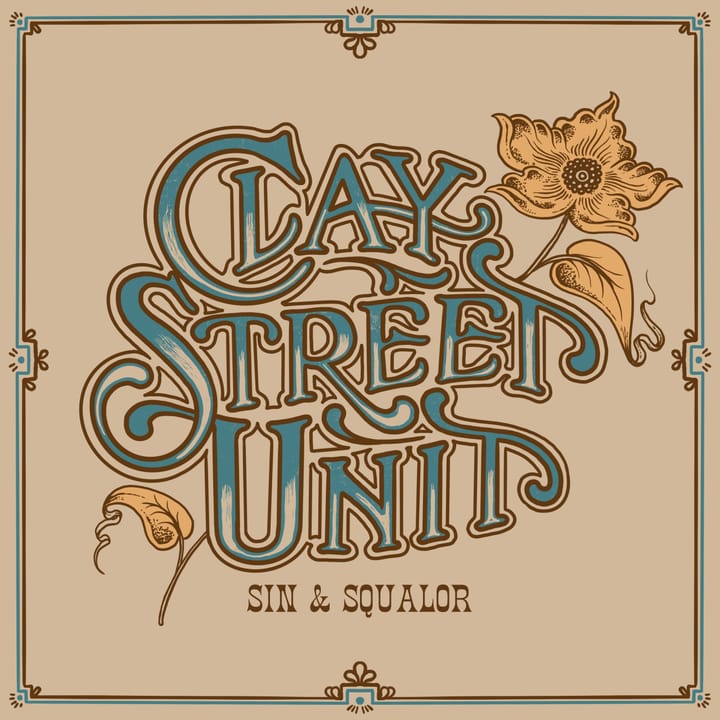Almost certainly Marty Stuart could party like it was 1999 forever and make enough money to support his photography habit. That the once-mainstream country star is choosing instead to explore a wide variety of musical ambitions -- gospel, bluegrass, and now something close to political folk music -- reveals a depth that still seems unexpected, even after The Pilgrim.
The ghosts of Sioux warriors and Johnny Cash are summoned throughout Badlands, and with great care, with deliberate passion, with precise detail. The history of the European conquest of North America (it is a bloody history, but saying so seems an impolite expression of liberal cant; so we are conditioned in our denial) is not one Stuart can presume his audience, or almost any audience, might be familiar with.
That is, of course, the point of Badlands -- once again to seek to push understanding beyond the grainy westerns and toward, say, the eloquent (and true) fiction of the gifted Indian writer Sherman Alexie. (There must be others, but I don't know them.)
But it is also popular music, else it fail on all accounts. That's a problem. Because Stuart is carefully stepping into and seeking to render an alien world, he and his collaborators (including co-producer John Carter Cash and several Sioux musicians) are obliged to spend much of the album and much of each song in explication, rather than in exultation.
This is not, I think, how we are going to learn not to ignore these people, our neighbors. Johnny Cash's reading of Peter LaFarge's "The Ballad Of Ira Hayes" made listeners care about that betrayed Pima Indian. The character study "Casino", here, does that well, though it seems lost in the sequence. But Stuart seems to care so deeply that his strongest songs ("Broken Promise Land", the biting "So You Want To Be An Indian") are largely detailed tales of futility and betrayal.
And never mind the curious fusion of southern Christianity and Indian religious beliefs.
This is a brave, honorable, hard-working album. It's not much fun, and one great hit song would have done the job.




Comments ()